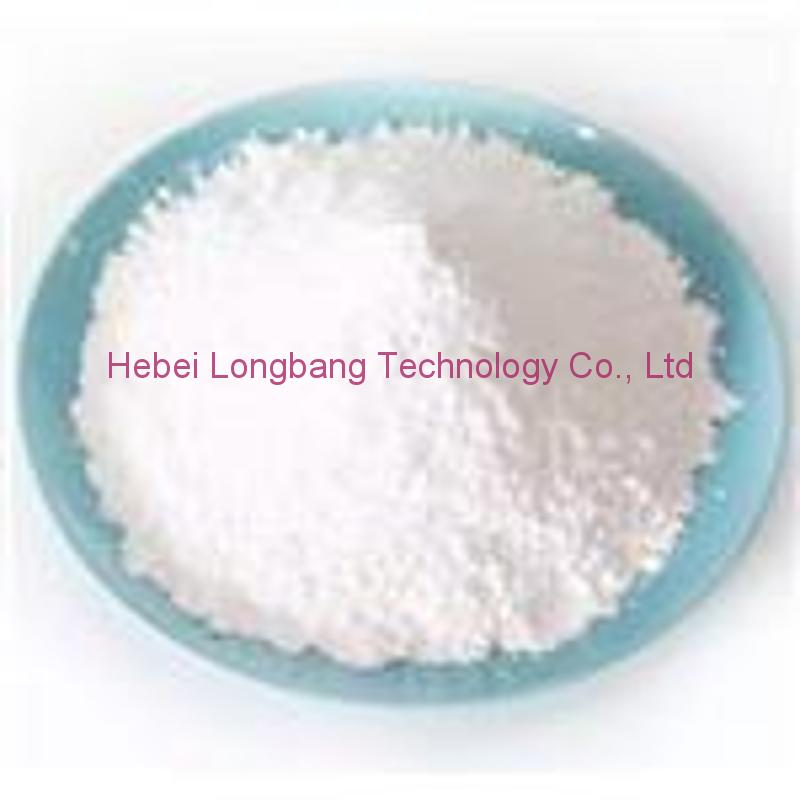-
Categories
-
Pharmaceutical Intermediates
-
Active Pharmaceutical Ingredients
-
Food Additives
- Industrial Coatings
- Agrochemicals
- Dyes and Pigments
- Surfactant
- Flavors and Fragrances
- Chemical Reagents
- Catalyst and Auxiliary
- Natural Products
- Inorganic Chemistry
-
Organic Chemistry
-
Biochemical Engineering
- Analytical Chemistry
-
Cosmetic Ingredient
- Water Treatment Chemical
-
Pharmaceutical Intermediates
Promotion
ECHEMI Mall
Wholesale
Weekly Price
Exhibition
News
-
Trade Service
In its 2023 Global Chemical Industry Outlook report, Deloitte noted that emerging new industrial policies, changing consumer preferences, supply chain challenges and economic uncertainty are key issues
to watch for the global industry in the coming year.
Combining innovation and sustainability, portfolio long-term viability, balancing costs and carbon footprints, and emerging technologies driving value chain improvements will be the top four trends
to watch in the global chemical industry in the new year.
In terms of combining innovation and sustainability, Deloitte said that in 2023, global chemical producers are expected to focus on their announced emission reduction targets to meet their 2030 targets
.
Starting with direct carbon emissions, in many cases, significant reductions
in indirect carbon emissions will also be promoted.
In terms of long-term portfolio viability, Deloitte said the chemical industry is in a good
financial position as it enters 2023, encouraged by 2022 earnings.
But due to macroeconomic conditions, the year ahead could be a turning point
.
In 2023, companies will emphasize the long-term viability of their product portfolios in the context of sustainability, shifting to asset-oriented transactions
.
Given the uncertainty of feedstock prices, energy demand, supply chain, and end-market demand, this trend will take longer to scale
.
In terms of balancing costs and carbon footprint, Deloitte said that reassessing the supply chain structure is crucial
for manufacturers during the year.
Overall, supply chains will need to balance costs and carbon footprints
while managing resilience.
This will require companies to consider strategies
that are significantly different from those of the past 30 years.
In terms of emerging technologies driving value chain improvements, Deloitte said digital strategy implementation is changing the decision-making
of chemical producers.
However, Deloitte said the near-term focus will be on stabilizing current platforms and capabilities, with the aim of monetizing
the current investment pool before expanding into new areas.
Producers are likely to increasingly use digital technologies to drive material innovation
.







